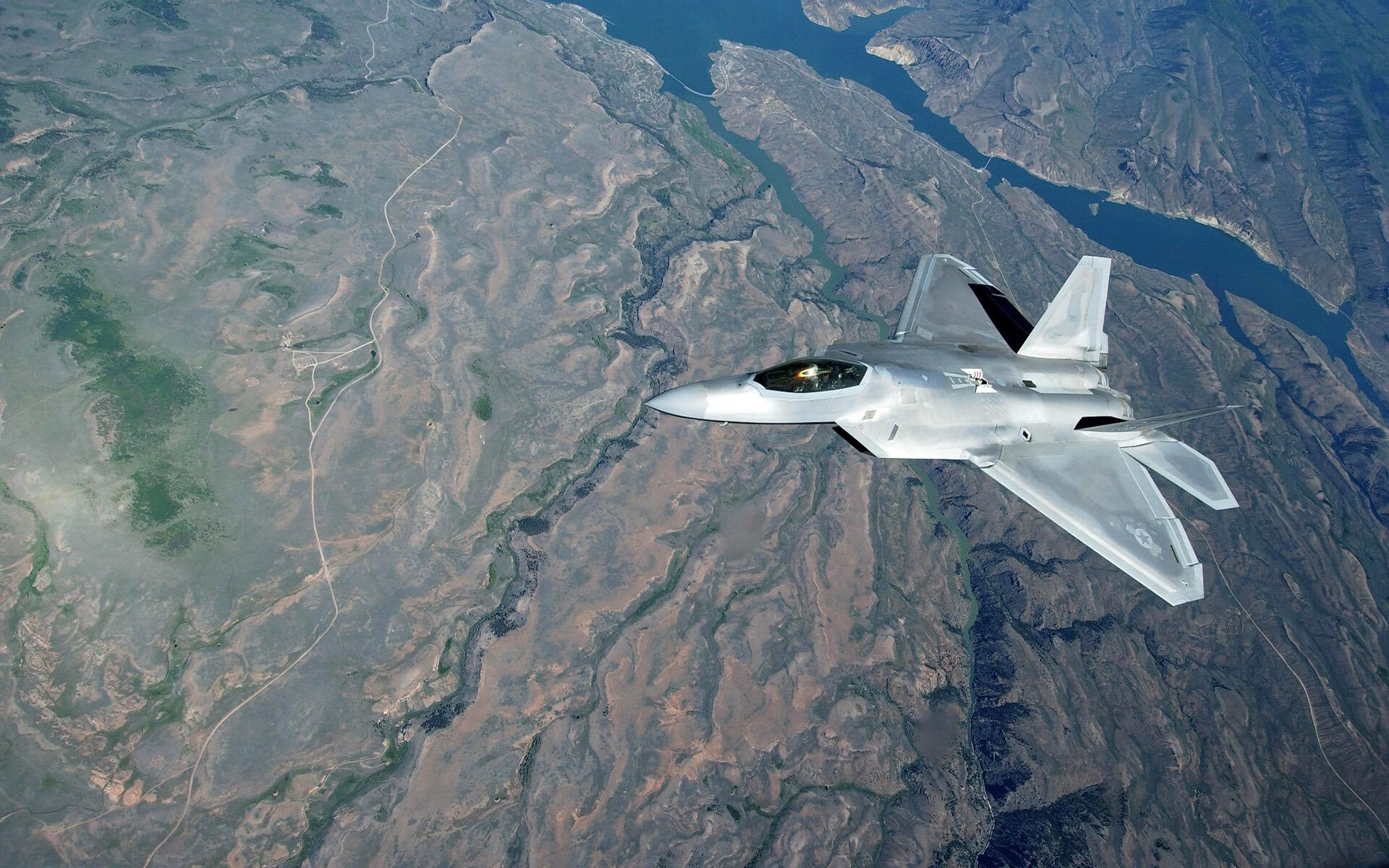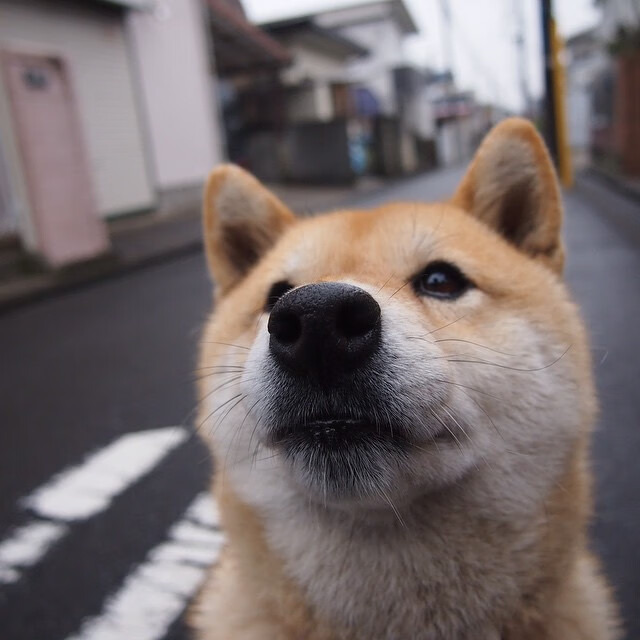掌握“things”造句的艺术:提升英语表达力
在英语学习的过程中,掌握如何用“things”进行造句是一项基本但非常重要的技能,这不仅有助于提高你的表达能力,还能让你的写作和口语更加地道,本文将为你提供一些实用的方法和例句,帮助你更好地运用“things”这个词汇。
“Things”的基本用法
“Things”是一个可数名词,表示具体的或抽象的事物,它可以用于描述各种物品、情况或事件。
- There are many interesting things in this museum.(这个博物馆里有许多有趣的事物。)
- We need to discuss some important things before making a decision.(我们需要在做出决定之前讨论一些重要的事情。)
“Things”与动词搭配
“Things”可以与不同的动词搭配使用,形成各种常见的表达方式,以下是一些例子:
- Deal with things: 处理事情
Example: She is good at dealing with difficult things in her job.(她擅长处理工作中的困难事情。)
- Talk about things: 谈论事情
Example: They spent the evening talking about various interesting things.(他们花了一个晚上谈论各种各样的有趣事物。)
- Think about things: 思考事情
Example: It's important to think about things carefully before taking action.(在采取行动之前仔细思考事情是很重要的。)
“Things”在复杂句中的应用
“Things”还可以在复杂句中充当主语或宾语,使句子结构更加丰富。
- The thing that worries me most is the future of our company.(最让我担心的是我们公司的未来。)
- One thing I have learned from this experience is patience.(我从这次经历中学到的一点是耐心。)
- He mentioned several things during the meeting, including new projects and team dynamics.(他在会议上提到了几件事情,包括新项目和团队动态。)
“Things”与其他词类的搭配
除了与动词搭配外,“things”还可以与其他词类结合,形成丰富的表达。
- Adjectives + things: 形容词 + 事物
Example: These are some amazing things we saw on our trip.(这些是我们旅行中看到的一些令人惊叹的事物。)
- Nouns + things: 名词 + 事物
Example: His collection of old things is impressive.(他收藏的老物件令人印象深刻。)
- Verbs + things: 动词 + 事物
Example: They organized many activities for the kids, including fun things like games and crafts.(他们为孩子们组织了许多活动,包括有趣的游戏和手工艺。)
“Things”在日常生活中的应用
在日常生活中,我们经常使用“things”来描述周围的环境和发生的事情,以下是一些例句:
- Cleaning up things: 清理东西
Example: I spent an hour cleaning up all the messy things in my room.(我花了一个小时清理房间里所有杂乱无章的东西。)
- Cooking things: 烹饪食物
Example: She enjoys cooking different kinds of things, especially vegetarian dishes.(她喜欢烹饪各种食物,尤其是素食菜肴。)
- Shopping things: 购物
Example: We went shopping yesterday and bought many useful things.(我们昨天去购物,买了许多有用的物品。)
“Things”在写作中的应用
在写作中,合理使用“things”可以使文章更加生动具体。
- In a narrative essay: 在叙事文章中
Example: After the long journey, they finally arrived at their destination, where they found many beautiful things to explore.(经过漫长的旅程,他们终于到达了目的地,在那里他们发现了许多美丽的事物可供探索。)
- In a descriptive essay: 在描写文章中
Example: The park was filled with various interesting things, from colorful flowers to playful animals.(公园里充满了各种有趣的事物,从五颜六色的花朵到嬉戏的动物。)
- In an argumentative essay: 在议论文中
Example: One thing that supports the idea of renewable energy is its environmental benefits.(支持可再生能源的一个观点是其环境效益。)
“Things”在口语交流中的应用
在口语交流中,灵活运用“things”可以使对话更加自然流畅。
- Small talk: 闲聊
Example: A: What did you do last weekend? B: Oh, I just stayed home and caught up on some reading. What about you? Did you do anything fun? A: Yes, we went out for dinner and tried some new restaurants. That sounds nice! B: Yeah, it was a good change from staying at home. We also watched some movies and talked about interesting things. A: Sounds like you had a great time! B: Thanks! I really enjoyed myself. (A: 你上周末做了什么?B: 哦,我就呆在家里看书,你呢?做了些什么有趣的事吗?A: 是的,我们出去吃饭,尝试了一些新的餐厅,听起来不错!B: 是啊,这比呆在家里好得多,我们还看了一些电影,聊了一些有趣的事情,A: 听起来你们玩得很开心!B: 谢谢!我真的很享受。)
- Asking for opinions: 征求意见
Example: A: Do you have any suggestions for improving our project? B: Well, one thing I think we could consider is adding more interactive elements. What do you think? A: That’s a good point. I also think we should focus on user feedback to make sure it meets their needs. B: Agreed. Let’s discuss these ideas further and see how we can implement them. (A: 你对我们的项目有什么改进建议吗?B: 嗯,我认为我们可以考虑一下增加更多互动元素,你觉得呢?A: 这是个好主意,我还认为我们应该关注用户反馈,以确保它满足他们的需求,B: 同意,让我们进一步讨论这些想法,看看如何实施它们。)
通过以上内容,我们可以看到“things”在英语中的广泛应用及其重要性,无论是在日常交流、写作还是口语表达中,合理使用“things”都能使你的语言更加丰富多样,希望这些例句和解释能够帮助你更好地掌握“things”造句的技巧,从而提升你的英语表达能力。














 京公网安备11000000000001号
京公网安备11000000000001号 苏ICP备10230327号-11
苏ICP备10230327号-11